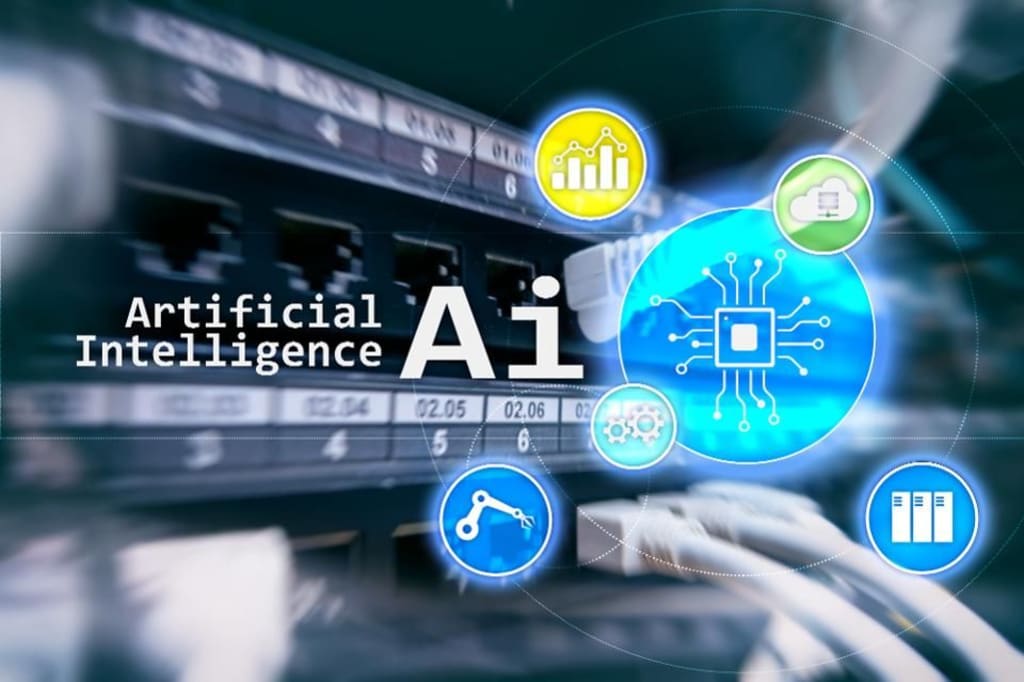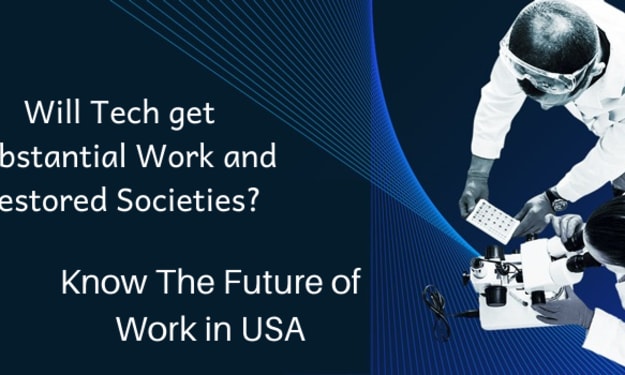What are Stopping Artificial Intelligence and Other Emerging Technologies from Being Clinically Adopted?
Emerging technologies can transform the healthcare industry and heighten the standard of living for the population.

Technology has truly the transformation power in the world. It takes in the quotidian, only to process and make it blossom into something more efficient and precise. And it has emerged from our inefficiencies and inadequacies along with the vigor to find the respective technology solutions for them. As a result, we have supercomputers today, along with artificially intelligent ideas and machines that can outperform our intellect and power of computation by many folds.
Emerging Technologies in the Healthcare
The technologies that we keep on developing via intensive research methods and rigorous practices are implemented in various industries of the world. Some adopt it because it solves their existing problems, while others have a vision for the future and the desire to make their present a better and more efficient place. Technological adoption in a multitude of forms lies in the quintessence of progress. While those who realize it, go onto make a healthy living out of their business and process while those who don’t have the strongest impulses, to be thrown out the race of sustainability.
For the healthcare sector, technological intervention is fundamental. The industry is far beyond the time and space to think about preserving traditional approaches or conventional doctor-patient dynamics. For the longest eras of time, this approach has only led to quantifiable care for patients. In other words, medical institutions have just measured their success based on the number of patients they’ve addressed.
However, such a superficial instinct is only leading to catastrophic scenarios like skyrocketing healthcare costs, lack of medical institution like hospitals for patients, no room in the emergency care to accommodate needy patients, insufficiency of the doctor, lack in identifying the underlying cause of disease and most importantly preventing a situation before that happens. Almost all countries in the world are operating on the model of cure rather than prevention.
While there is no denying the fact that catering to cure is basic for the healthcare, but if the world truly needs a better and healthier population living on the planet, then the shift to preventive care has to be made. Otherwise, the rising population will only lead to a burden on the resources of the planet, without contributing enough towards it.
But, with the scenario of emerging technologies in the world, the picture is changing. Artificial intelligence is doing some groundbreaking work in various parts of the world, in multiple regions of healthcare. Right from operations to administration, research, diagnosis, the first line of care, to treatment and after treatment care, no area is being left untouched. And this is the need of the hour.
For organizations and leaders who think that AI might replace them, must understand the capacitance of the human force to handle and assert to the challenges of the impending situations in healthcare. It doesn’t matter how many humans are deployed on research, it’s hard to beat the quick and precision of a computer algorithm to go through large banks of data and come up with groundbreaking insights.
The Fear of AI
There is a sense of fear, or the incapability of the humans to see through the future of healthcare with AI in the picture. Many believe that it will replace doctors and abolish the aspect of human care from the industry. But, it is not wise to let an unproven fact like this generate a bias for not clinically adopting artificial intelligence. After, all it is saving lives and that is the only concrete fact that the world has right now.
It was Issac Asimov, the great author, and professor at the Boston University, who laid the rules for adoption and use of artificial intelligence in the early 1940s when all of this was just a figment of the mind. The rules were simple and much contrary to what we have in today’s modern healthcare scenario. They said that artificial intelligence has the potential to impact humans for good or evil, if and when they come in physical contact with human beings.
Well! Here we are today, conquering fears and living parallels with AI. We are officially in the age of artificial intelligence where robots are living and taking care of the elderly who have no one else to look after them. Similarly, robots are performing surgery and making accurate decisions about a person’s health vitals. If this is not to advancement and betterment of the quality of living, then what is!
Lack of Universal Standard
Another factor that is limiting the clinical adoption of artificial intelligence is the lack of any universal standards for technology. This is one factor making the diagnosis and treatment of patients much difficult. Organizations need a required evidence threshold for using AI, without which the implementation becomes far-fetched.
Reduced Interoperability
Electronic health records by EHR Consulting Services providers are one of the fundamental data points for AI. However, there is a severe lack of interoperability among the two, making AI difficult for adoption. Not only it hurts the economic feasibility of the operation but it questions the dynamics of technological intervention, which is supposed to make processes hassle-free.
Conclusion
Emerging technologies can transform the healthcare industry and heighten the standard of living for the population. But, some factors cannot and must not be neglected as they are adopted within the organization. Resources, finances, feasibility, operability, and reliability are some areas where researchers have to work upon for maximizing the results of technology.
About the Creator
James Warner
James Warner is a Business Analyst / Business Intelligence Analyst as well as experienced programming and Software Developer with Excellent knowledge on Hadoop/Big data analysis, testing and deployment of software systems at NexSoftSys.






Comments
There are no comments for this story
Be the first to respond and start the conversation.